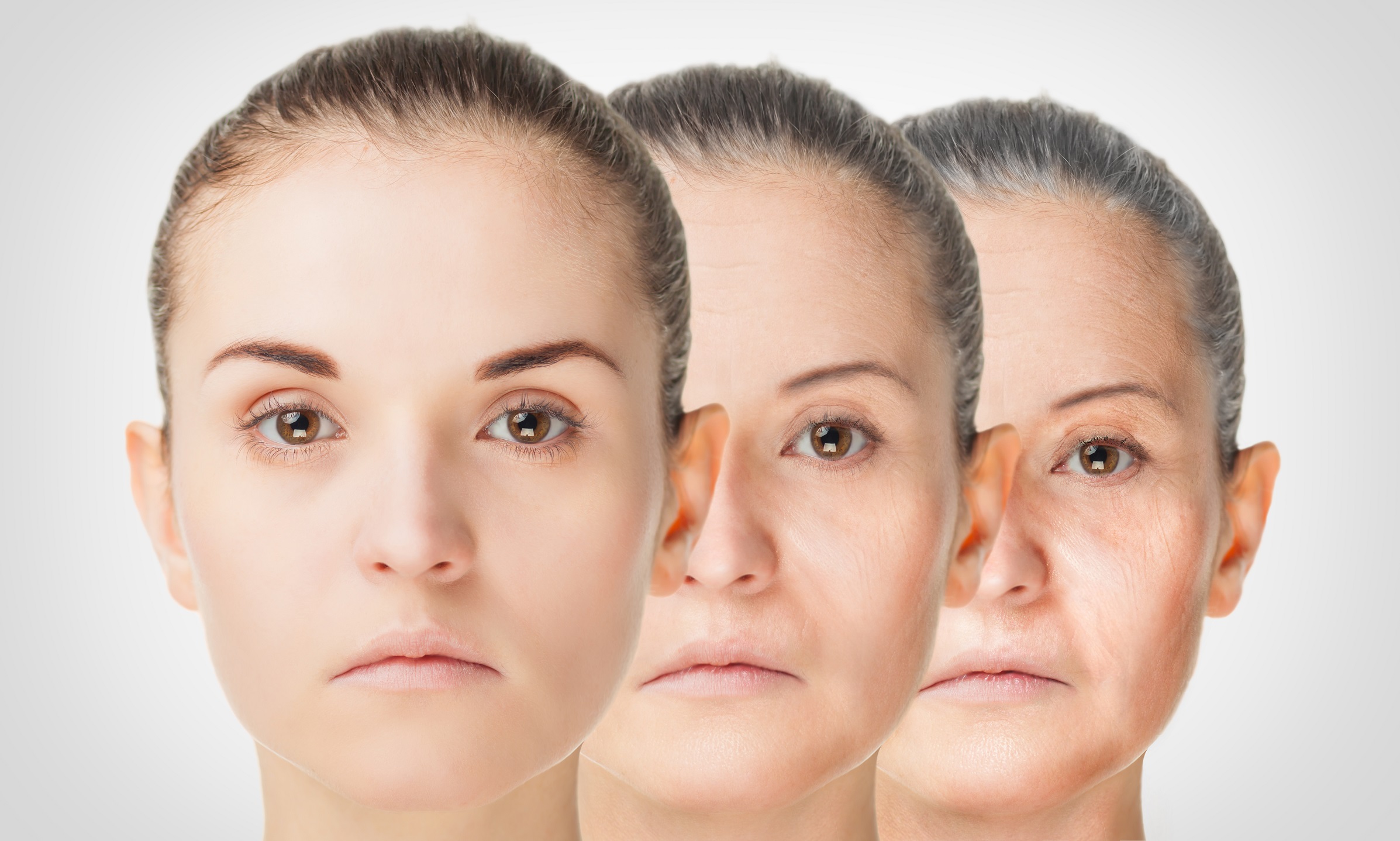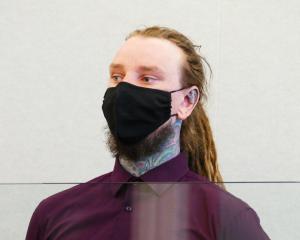

Her eyes were fixed on my forehead, a look of suspicion clouding her face.
"Have you had Botox?" she asked me, almost accusingly.
"Your forehead is weirdly smooth."
I laughed. Being saddled with student loan debt, an astronomically high rent (never move to Oxford, folks), and soaring living costs, Botox is unfortunately not on my list of budget-friendly indulgences.
But I am grateful for this weird genetic quirk — one shared with my mother — a perpetually smooth forehead, regardless of how high I raise my eyebrows. While my peers possess furrowed brows, with anxiety and surprise chiselled into their temples, my forehead remains wrinkle-free, although the rest of my face betrays my years.
It’s somewhat pathetic that I value this genetic peculiarity so highly. After all, there are other traits I ought to value more: my intellect, my determination, my resilience, my courage.
But this preoccupation with a small patch of wrinkle-free skin — this odd, perverse sense of pride — speaks to a larger issue, a greater concern, one shared by many women as soon as they leave adolescence.
The spectre of ageing — that grey-haired, wrinkled, cloudy-eyed bogeyman — is one that haunts us all, although it is particularly hell bent on torturing the female sex.
The apprehension about ageing among women is rooted in societal pressures and cultural norms that place great emphasis on youthfulness and physical appearance.
I can’t lie — if I could afford it, I probably would dabble with Botox and filler. I certainly spend a small fortune on all manner of creams and lotions already, desperately slathering retinol, vitamin C and hyaluronic acid on my face each night before my eight hours of "beauty sleep".
I wish I didn’t care about ageing; I wish I could wholeheartedly embrace the waning of my youth, but I can’t.
And it’s no wonder — with every advertisement, celebrity sponsorship, or latest glossy movie star, the beauty industry, media, and popular culture celebrate youth and beauty with an almost frenzied fervour, stoking my paranoia over losing the physical attributes associated with youth.
I am only 28 and so am not obsolete yet, despite the unsubtle hints from my (younger, married) siblings.
But my appearance has changed manifestly over the years; I have been alternately fat and thin, bald-headed and longhaired, well-dressed and shoddy. My hair has been every colour under the sun. I have at times used a wheelchair.
And, accordingly, I have noticed the massive difference in how people treat me — whether I am followed in stores, taken seriously, or rendered the target of homophobic abuse.
Add to this the fact that women often have to worry about the societal expectations tied to age, fearing a decrease in opportunities, respect, or relevance as they grow older.
I know I am far from this, but I am still fearful of becoming irrelevant, particularly in the workplace.
Get old enough, as a woman, and you’ll soon find yourself at the challenging intersection of both sexism and ageism. As Susan Sontag notes, men’s image, power and choices are enhanced by age while women are progressively destroyed.
A woman’s age, according to Sontag, is "something of a dirty secret". In the competitive job market, a woman’s chances "often partly depend on being the ‘right age’, and if hers isn’t right, she will lie if she thinks she can get away with it".
I am reminded of the wise, ever-beautiful Joan Didion, who frequently wrote about the passing of time and her own complex relationship with ageing.
In Blue Nights, Didion addressed the cultural refusal to acknowledge the inevitability of old age and death: "Ageing and its evidence remain life’s most predictable events, yet they also remain matters we prefer to leave unmentioned, unexplored."
In 2005, Didion lost her daughter Quintana to acute pancreatitis.
This loss is what forced Didion to confront the inevitable march of time; it also revealed to her how little she truly appreciated moments with her daughter when she had them.
I am not a mother; I cannot speak to what it means to lose a child. But I can speak to the gut-wrenching pain of losing a sibling — a beloved brother lost in the prime of his youth.
I used to roll my eyes and smile patronisingly every time an elder reminisced about the "good old days" or told me to "enjoy your youth".
But until John passed, I truly believed I was invincible. I had an inexplicable trust in my health and youth, and my future stretched out before me like an endless red carpet.
But my little brother’s death fractured all this — it landed on me like a great hulking boulder — a hideous waymarker between the carelessness of my youth and the exhaustion of my future.
Suddenly, I was aware of death, ageing, and illness. The sudden death of an 18-year old kid will do this to you.
Deep down, I think the reason I feel such anxiety over ageing is that I’m aware of time passing me by.
Every wrinkle, every grey hair, every smile line is an indicator that time is slipping away from me, that certain opportunities have slipped through my fingers, that I haven’t achieved enough.
These wrinkles (although blessedly not on my forehead) also mean that more and more time is elapsing between me and my brother; I am ageing, while he is frozen in time.
I know however, that my worth and self-esteem ought to be dependent on my internal sense of self, rather than external validation and approval.
My accumulating wrinkles and silver hairs are testament not of lost youth but of life fully lived — an opportunity not afforded to all.
- Jean Balchin, a former English student at the University of Otago, is studying at Oxford University after being awarded a Rhodes Scholarship.












